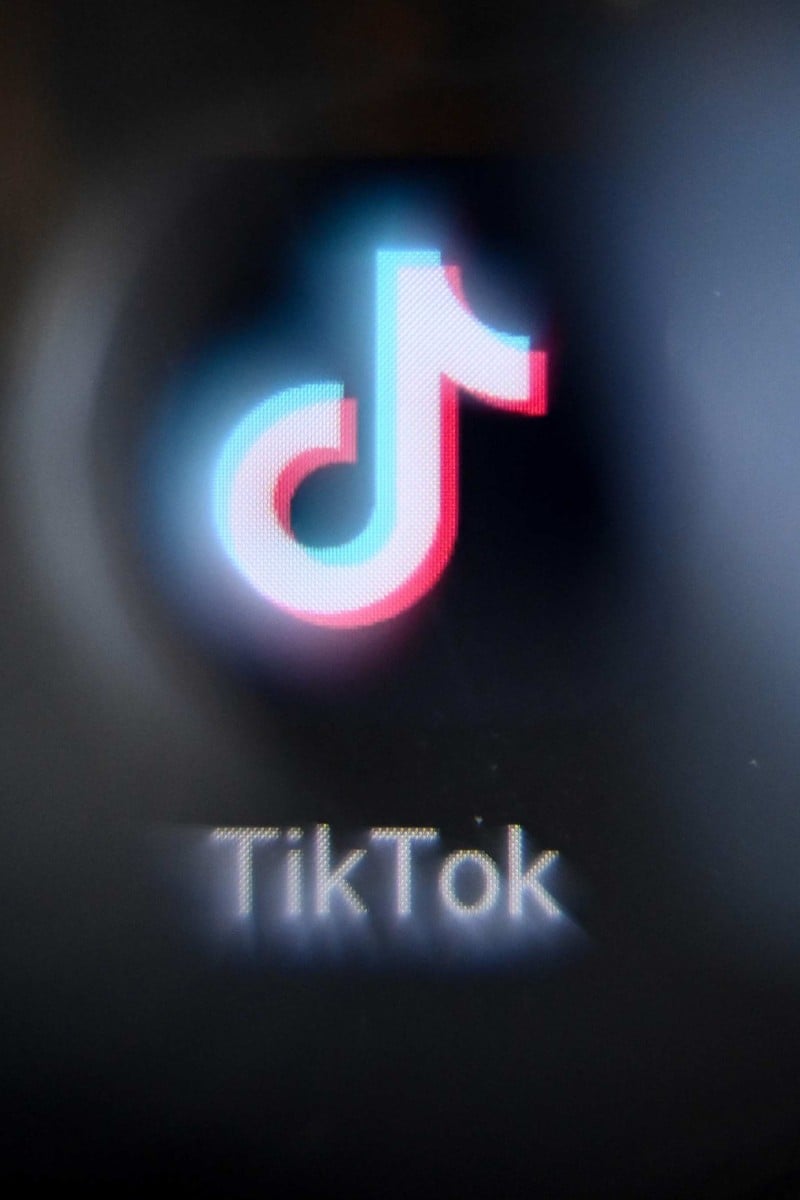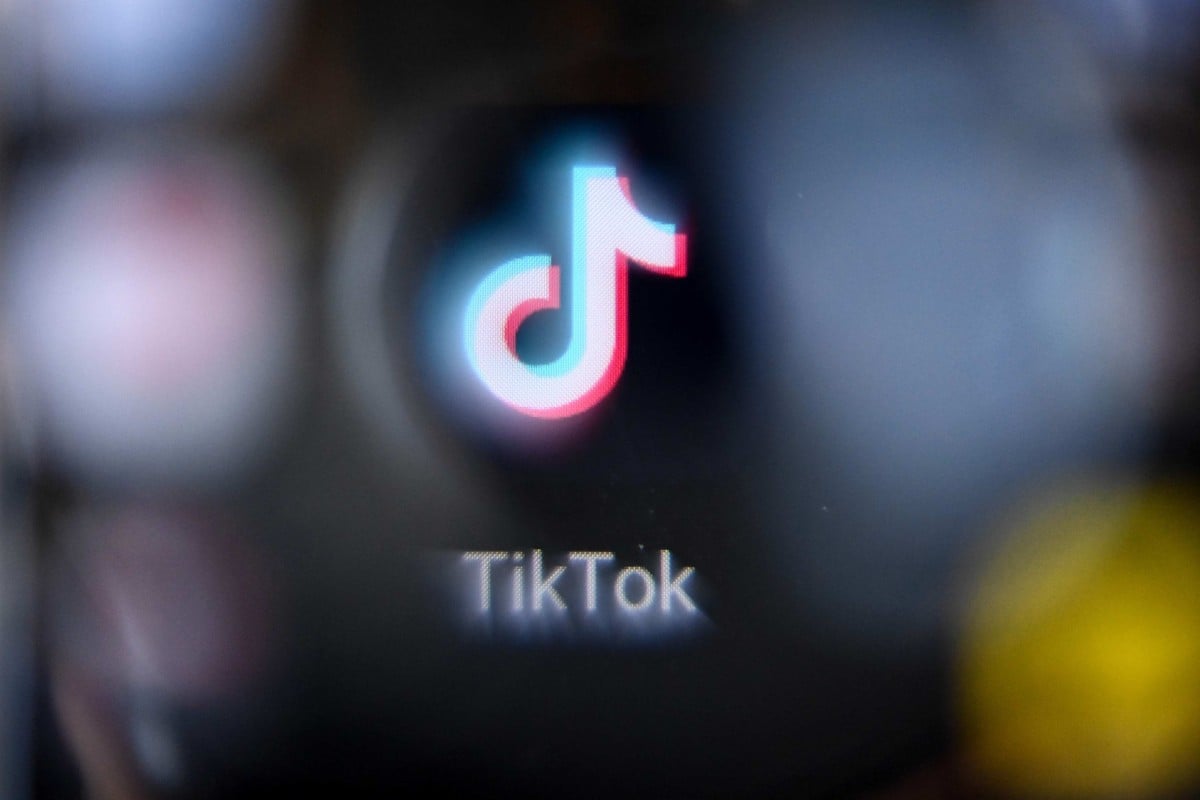
TikTok search results rife with misinformation about climate change, Covid-19 and war in Ukraine, report says
- Platform has become a go-to for young people but shows conspiracy theories promoted by QAnon and other fake news, says media watchdog NewsGuard
- Video sharing app says they have a zero-tolerance policy for disinformation, violent extremism, and hateful behaviour
 TikTok is serving up misinformation to users searching for news about politics, climate change, Covid-19, the war in Ukraine and more, according to a report released on September 14, 2022. Photo: AFP
TikTok is serving up misinformation to users searching for news about politics, climate change, Covid-19, the war in Ukraine and more, according to a report released on September 14, 2022. Photo: AFPTikTok is serving up misinformation to users searching for news about politics, climate change, Covid-19, the war in Ukraine and more, according to a report released Wednesday.
Toxicity and false claims are a “significant threat” at TikTok, which is becoming a go-to online venue for young people to search for information, according to a study by NewsGuard, a media watchdog.
NewsGuard describes itself as a “journalism and technology tool” that rates the credibility of websites and online information.
Fake news? How to check your bias before you share news on social media
“Even when TikTok’s search results yielded little to no misinformation, the results were often more polarising than Google’s,” NewsGuard said of its findings.
NewsGuard in September analysed the top 20 results from 27 TikTok searches on news topics, finding that 19.5 per cent of the videos suggested contained false or misleading claims, the report stated.
Researchers said that they compared TikTok and Google results from searches for information about school shootings, abortion, Covid-19, US elections, Russia’s war on Ukraine and other news.
False or misleading claims in results included conspiracy theories promoted by QAnon and supposed home recipes for hydroxychloroquine, a prescription drug used to treat malaria and lupus, according to NewsGuard.
TikTok says the methodology used in the analysis is flawed, and that it makes a priority of fighting misinformation.
“Our Community Guidelines make clear that we do not allow harmful misinformation, including medical misinformation, and we will remove it from the platform,” a TikTok spokesperson said in response to an Agence France-Presse inquiry.
Survey finds millennials and Gen Z follow the news, but most don’t enjoy it
“We partner with credible voices to elevate authoritative content on topics related to public health, and partner with independent fact-checkers who help us to assess the accuracy of content.”
While testifying Wednesday at a Senate hearing on social media’s impact on national security, Twitter former senior vice-president of engineering Alex Roetter said that the Chinese government is an investor in TikTok parent company ByteDance, and that it has incentives to maximise profit and user engagement.
“The TikTok algorithm pushes educational science, engineering, and maths content on Chinese youth while pushing a feed containing twerking videos, misinformation, and other destructive content to US children,” Roetter told Senators.
TikTok rolls out ‘battle plan’ to combat US election misinformation in coming midterms
Social media companies stand to benefit from attention-grabbing online content despite harmful effects it may have on society, Roetter said in opening remarks.
“Our terms of service and community guidelines are built to help ensure our vision of a safe and authentic experience,” TikTok chief operating officer Vanessa Pappas said at the hearing.
“Our policies have zero tolerance for disinformation, violent extremism and hateful behaviour.”